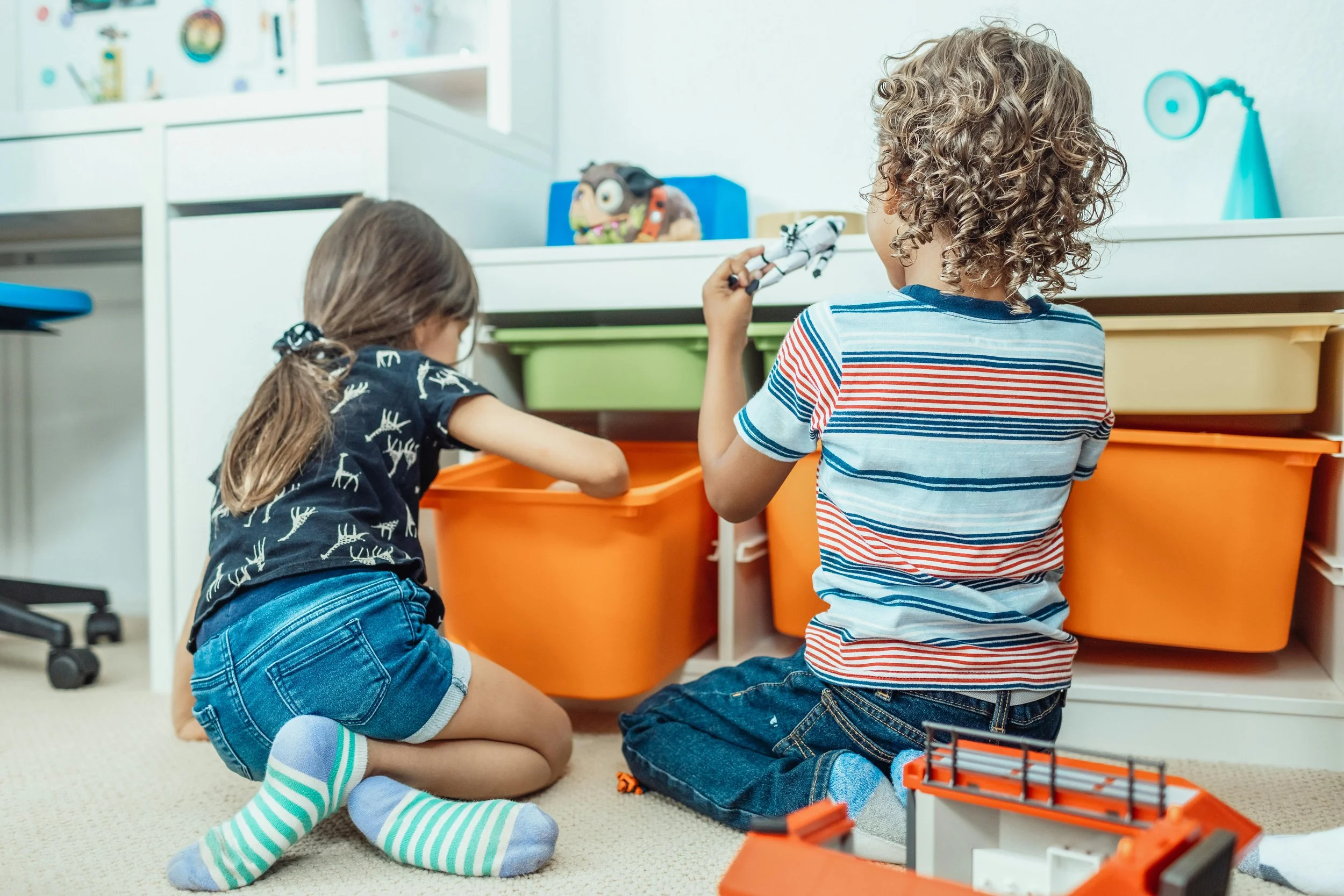When the Bell Rings Again: Navigating Parental Anxiety as Kids Return to School
Summer has a magical rhythm — slower mornings, spontaneous adventures, and time to reconnect as a family. But as the back-to-school season approaches, many parents find themselves grappling with a wave of unexpected anxiety. While the focus often lands on children’s nerves, parents, too, experience their own emotional rollercoaster. And it’s perfectly normal.
Why Do Parents Feel Anxious When School Starts?
Whether your child is heading into kindergarten, middle school, or even college, each transition can stir a variety of emotions. You may find yourself asking:
Will they be safe?
Will they make friends?
Are they behind academically after the summer?
How will we juggle our schedules again?
Am I doing enough as a parent?
These questions come from a place of love — and also from a place of fear. You're handing your child back to the world, and that separation can be emotionally jarring.
Common Sources of Parental Anxiety
Separation Anxiety (Yes, Parents Get It Too)
Letting go — even just for the school day — can feel difficult. Especially for younger kids, or if your child struggles with anxiety themselves, you might worry about how they’ll adjust without you.Loss of Control
At home, you can manage what your child eats, sees, and hears. At school, there’s an unknown element. Will teachers notice if they’re having a bad day? Will someone be kind to them at lunch?Academic Pressure
Parents may worry whether their child is performing “on track,” especially in a post-pandemic world where learning gaps are common. Social comparison can also sneak in, adding to the stress.Re-entry Into Routines
School means earlier wake-up calls, packed lunches, homework help, and rushed evenings. That transition can be draining, especially if you feel you’re already stretched thin.
How to Ease the Transition — For Yourself
Acknowledge Your Feelings
Start by giving yourself permission to feel anxious. Avoid dismissing your worries as “silly.” Your concerns are valid, and naming them helps you move through them.Create a Morning and Evening Ritual
Predictable routines can ease everyone’s anxiety. Something as simple as a five-minute chat before bed or a special goodbye hug in the morning can help both of you feel grounded.Connect With Other Parents
Chances are, you're not the only one lying awake at night wondering how your kid is adjusting. Sharing your thoughts in community — at drop-off, online groups, or school meetings — helps normalize the experience.Trust the Process
Children are resilient. Teachers and school staff are trained to support them. Even if the first few days are rocky, trust that your child will find their rhythm — and so will you.Practice Self-Care
Back-to-school season can trigger your own childhood memories, fears, or feelings of inadequacy. Make time for what replenishes you: journaling, therapy, exercise, or simply a moment of stillness with your coffee.
Resources to Support Parents During the Back-to-School Transition
Here are some trusted tools and organizations that can help you navigate the emotions of the season:
Child Mind Institute
Articles and tools for managing parental and child anxiety, including back-to-school concerns.
https://childmind.orgAnxiety and Depression Association of America (ADAA)
Tips for managing anxiety in parents and children, plus access to professional help.
https://adaa.orgUnderstood.org
Great for parents of children with learning and thinking differences. Offers school-specific advice, including how to talk to teachers and ease transitions.
https://www.understood.orgPBS Parents - Back-to-School Tips
Parent-friendly articles that help make the return to school less stressful for both kids and adults.
https://www.pbs.org/parentsParenting Support Groups
Facebook: Search “Back-to-School Support for Parents” or join parenting groups in your area.
Local schools/PTAs: Ask about parent meetups or online forums for emotional and practical support.
Mental Health Professionals
If your anxiety feels overwhelming or persistent, consider speaking with a therapist or mental health provider. Therapy isn’t just for crisis — it’s also for growth.
Parenting is a series of letting go — in small and big ways. Back-to-school anxiety is a sign of how deeply you care. With every new school year, your child grows more independent. And so do you. The goal isn’t to eliminate the anxiety, but to walk through it with compassion, intention, and grace.
You’re doing better than you think. And just like your child, you’re learning too.



